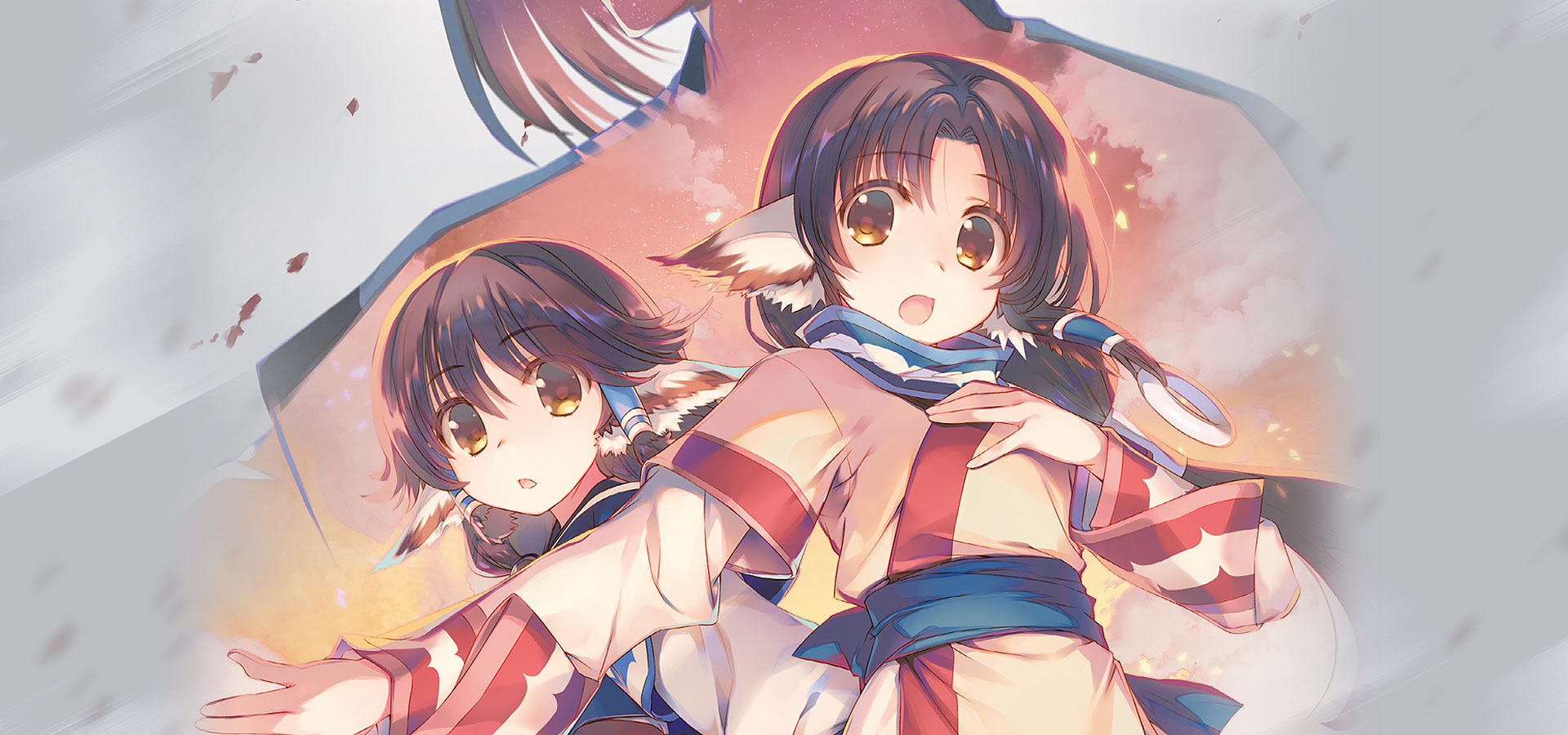
Utawarerumono: Prelude to the Fallen Review
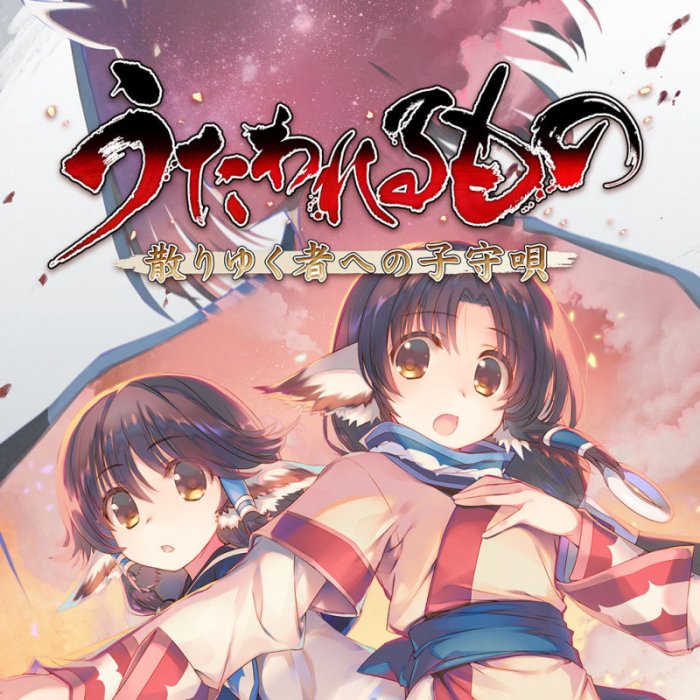
Pros
- Entertaining and emotional story
- Fantastic soundtrack
- Glossary is useful
Cons
- Battles are unchallenging
- Pacing slows down in the middle of the story
Utawarerumono is a Japanese visual novel series that first released on the PC back in 2002 and then later ported to the PlayStation 2 in 2006. At the time, it was released in Japan only and was only available in English via a fan translation or the anime adaptation in 2006. There was a large hiatus with the series until 2015 when a sequel, Mask of Deception, was released and shortly after that, Mask of Truth to round off the series. Both Mask of Deception and Mask of Truth did see western releases however to moderate success so when a remake of the first was announced, fans eagerly awaited news of a localization.
The story takes place in a fantasy-based world inhabited by tribes of people with beast-like features. The protagonist awakes to find himself in this strange world with no memories of who he is or even his name. Soon after he is nursed back to health from two young girls and their grandmother who decides to name the amnesiac Hakuwolo. As he begins to gain a foothold in the village, Hakuwolo introduces techniques foreign to the tribe which will become the catalyst to conflict that will engulf the entire world. There’s enough mystery in the setup to the world to hook you which is handy because you’ll spend many hours in the introduction getting to know the interesting cast of characters before you even get your first battle.
The art in Utawarerumono looks fantastic and really elevates the scenes.
Utawarerumono: Prelude to the Fallen is around 75% visual novel, 25% strategy RPG so it is good that the story is interesting. The beginning is endearing and spends a lot of time setting up the world and the people of it, Hakuowlo being amnesiac is interesting because it allows you to experience the world through his eyes, he’s just as clueless to the world as you are. For the most part, you’re a passenger as the story unfolds and you have useful options such as auto advancing the text and hiding the text boxes if you want a better look at some of the gorgeous art. At certain points in the story you’ll gain the ability to choose where you want to visit and this can lead to some optional events, all of which can be viewed in the game’s Bonus menu at the title screen. I’m usually the type of person who enjoys a dub but the voice acting here fits the theme perfectly and was a delight to listen to at times, especially when you auto advance the text. While I found the story to be enjoyable most of the way through the game, mainly due to the excellent characters, I did find the pacing in the middle of the story to drag a little. It seemed a bit too long-winded and there were large stretches where the plot barely seemed to move at all. Thankfully, the final act of the game really picks up and the story kept me engrossed all the way to the credits. I’ve yet to play Mask of Deception and Mask of Truth but upon finishing the story of Fallen to the Prelude, I found myself eager to jump straight in and see where the events led. Thankfully, the game features a Glossary that you can access at any time, this is useful because there are many terms that you will be lost on without looking them up. A lot of the names and terms in the game are also very Japanese sounding that can be hard to remember such as Onkamiyamukai, the name of a religious country.
As mentioned above, when you are not watching the story unfold, you will be taking part in Strategy RPG battles. As a huge fan of Strategy RPGs, I could not be more excited unfortunately they are only a small part of the package, the first battle won’t arrive for a few hours and throughout the opening of the game, they’re few and far between. Battles take place on a grid and for the most part, you’ll have as many characters as there are possible in a battle, what’s more, your reserves will gain a smaller amount of EXP. Battles themselves are rather simple and a bit on the easy side, if you’re looking for any challenge at all I strongly advise going with the Hard mode difficulty. Each character, outside of Eruruu who is a healer, has a simple attack combo known as an Action Chain and as they level up, they’ll gain additional hits to said chain. To make it a little more interesting, when you initiate an attack, a large ring will close down on a smaller circle and hitting the button at the right time will gain you an additional two Zeal per attack. Zeal is a resource that is used to add additional attacks on the end of your action chain or to allow you to perform more powerful Co-op chains or a character’s Final Strike. In the earlier battles, you will find Zeal hard to come by but as your character’s Action Chains start reaching four-five hits, it will flow a lot more plentiful. Eruruu on the other hand plays slightly differently, she still has Action Chains, but these will instead restore your allies HP while she also gains Healing Arts that allow her to buff your characters or debuff the enemy. You also have the option to use items such as restoratives or attack items which can all add into your strategy a little even if unnecessary.
Action Chains is a fun but simple mechanic.
Upon victory, all of your characters will gain EXP and Bonus Points (known as BP), these can be spent to improve your character’s Attack (Heal in the case of Eruruu), Defense and Magic Defense values although due to the lack of challenge in battles, especially on Normal, you can focus on Attack outside of one or two characters that you designate as tanks. Levelling up allows your characters to extend their Action Chain, unlock abilities that are passives that will activate based on certain conditions and during battle, restore all your HP. Most units are the same, there are a few different weapon types however such as Spears that can hit from two squares away, Bows at an even greater distance than that and then Magecraft which acts as the magic of Utawarerumono. Regardless, the battles are a welcome break from the visual novel sections and although they are few and far between, you’ll start encountering them a lot more often around the middle of the game. You will also gain access to both Training and Free Battle that allows you to take on battles whenever you wish. Free Battle allows you to repeat previous story battles for EXP while Training will allow you to access optional battles with various enemy configurations offering unique rewards. You can repeat these battles several times to get different rewards such as Equipment for your characters or potent healing items.
You can use BP earned from battle to enhance the stats of your units.
The sound design is exceptional throughout and the game offers you the option of using the soundtrack from the original PC release or the updated soundtrack found in Mask of Deception and Mask of Truth. I had not played either of the sequels, so I was not aware of any of the tracks were repeated too much but I enjoyed the music throughout and it set the tone for the events. There were some vocal tracks especially that really elevated the moments of the story and battles while the voice acting was clear, and every character’s voice seemed to suit them well. The graphics in the battles are nothing to write home about but the aesthetic was nice and fit the theme of the visual novel sections perfectly. What’s more the game is snappy, I never had to endure long loading screens and the game was bug free which is always welcome. I was also pleased to see that the localization held up well, I didn’t spot any issues with the text and despite Prelude to the Fallen being published by a different company, it’s kept with a lot of the same style as it’s sequels.
Emotional story!
As a newcomer to both visual novels and the Utawarerumono series, it tells a compelling story that introduces you to a fantastic world. The story is entertaining throughout, and the battles are fun enough if a little basic.
Sound:
Graphics:
Story:
Value Rating:

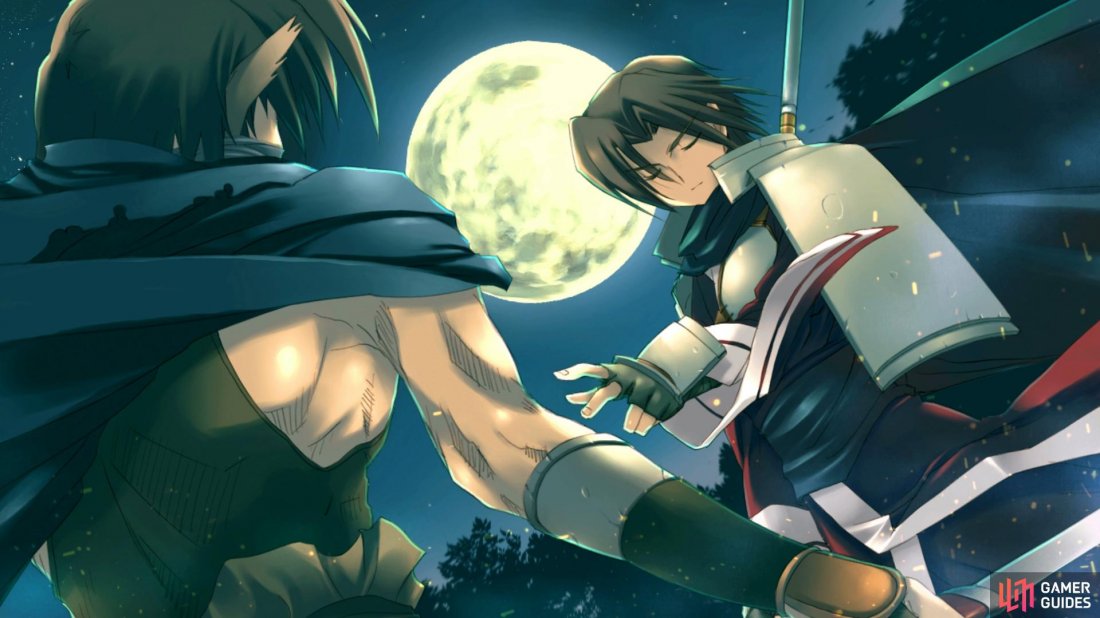
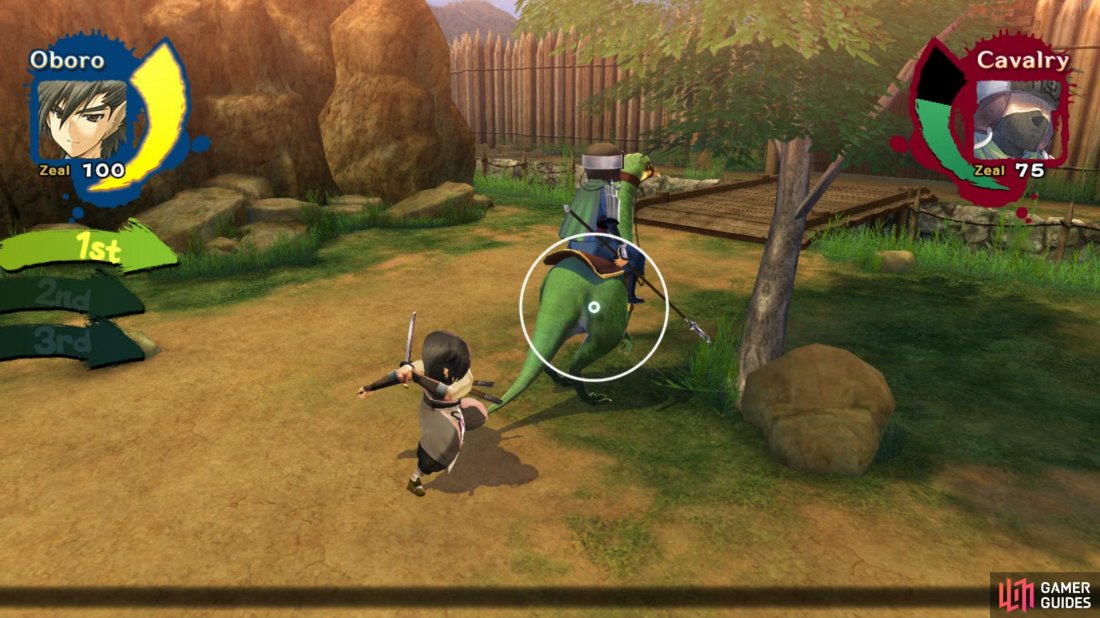
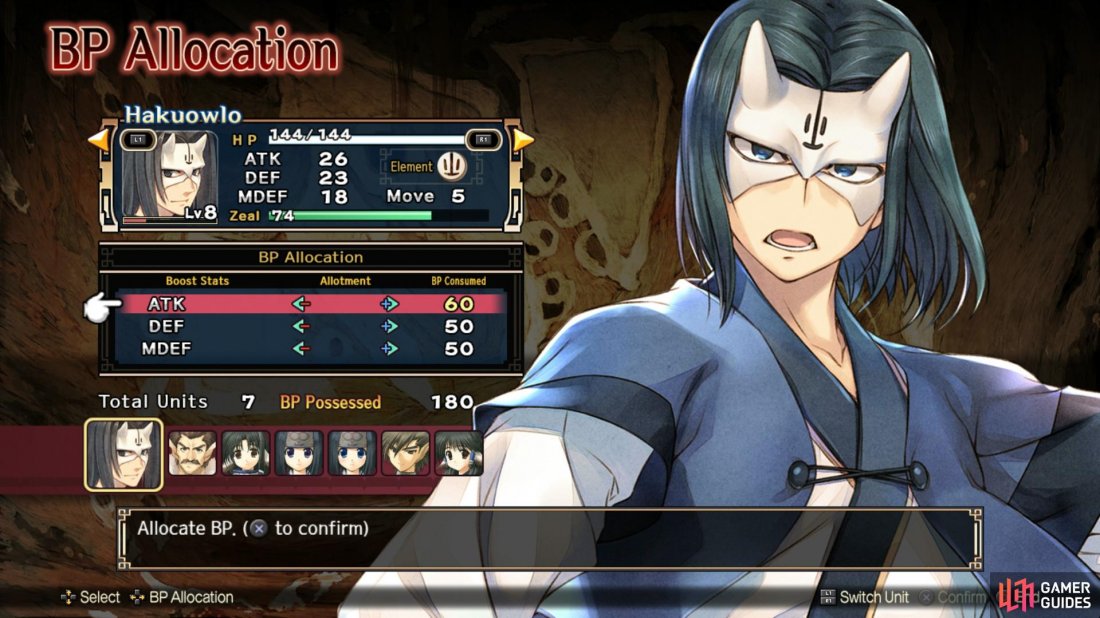
 Sign up
Sign up
No Comments